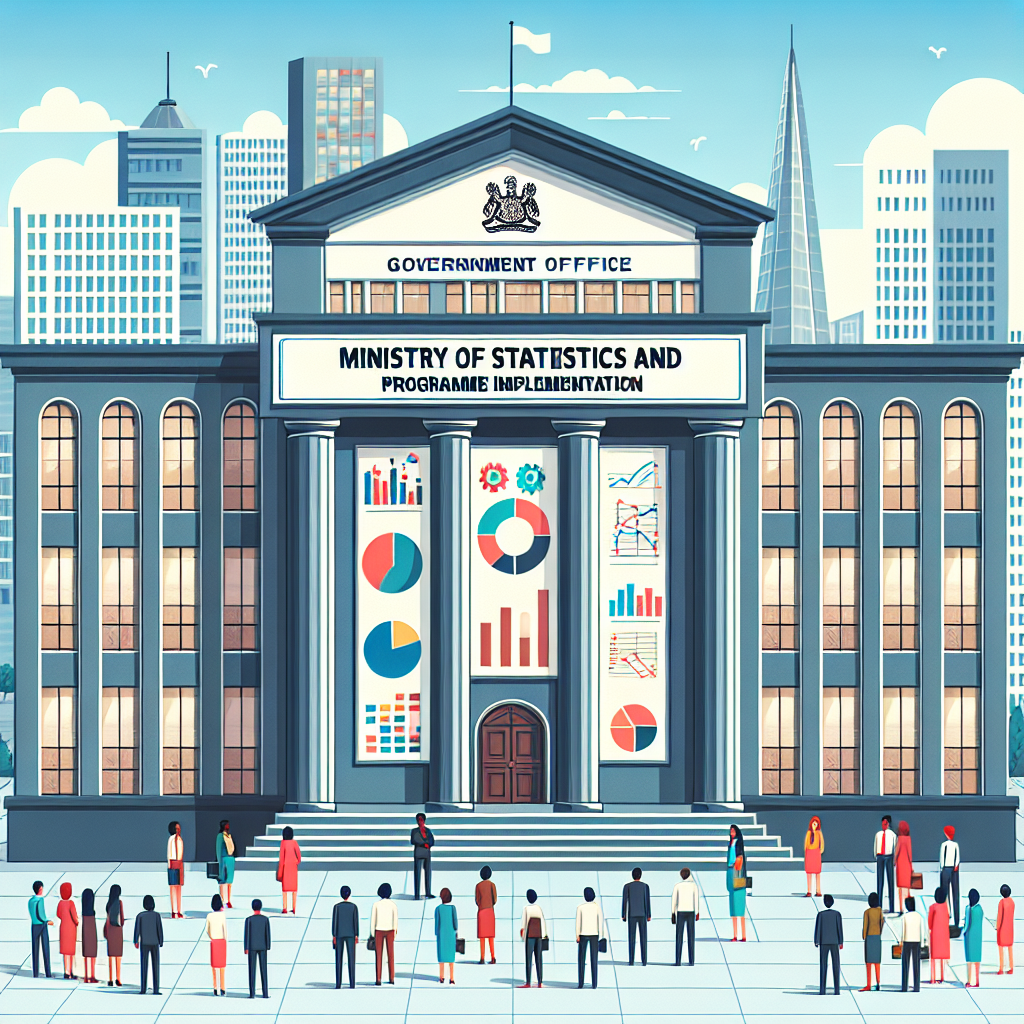The Ministry of Statistics and Programme Implementation (MoSPI) is committed to producing accurate and reliable statistical data while ensuring public transparency and accountability. The National Statistics Office (NSO) employs advanced methodologies and periodic updates to reduce non-sampling errors, emphasizing stakeholder engagement and global best practices. Key Highlights of MoSPI's Statistical Framework:
1. Advanced Data Collection and Validation Mechanisms
Digital Platforms: Primary data is collected using Computer-Assisted Personal Interviews (CAPI) and web-based applications, incorporating real-time validation mechanisms to ensure consistency at the collection stage.
Scrutiny and Training: Multi-level data scrutiny, validation checks, and robust training mechanisms for field staff address conceptual queries and ensure high data quality.
2. Transparency and Public Accountability
e-Sankhyiki Portal: This comprehensive system facilitates efficient data management and dissemination, ensuring that official statistics are accessible to policymakers, researchers, and the public. The portal supports informed decision-making by providing timely and actionable data.
3. Alignment with Global Standards
As the nodal agency for the country’s statistical system, MoSPI ensures data quality adheres to international guidelines. The organization has developed the Data Dissemination: National Metadata Structure (NMDS), harmonizing norms and standards to enable cross-comparisons across the National Statistical System (NSS).
Stakeholder Engagement: The publication of NMDS followed extensive consultations with stakeholders to promote uniform definitions and methodologies across various Ministries and departments.
4. Expert Committees and Stakeholder Collaboration
To ensure the robustness of its statistical products, MoSPI regularly convenes Committees and Working Groups comprising experts from government departments, state and UT representatives, academia, and research institutions. These panels provide recommendations on statistical methodologies, definitions, and processes, often incorporating the expertise of co-opted specialists.
User-Centric Approach: Regular dialogues with stakeholders and data users foster a deeper understanding of MoSPI’s statistical offerings and incorporate feedback for continual improvement.
Ministerial Commitment
Minister of State (Independent Charge) for Statistics and Programme Implementation, Shri Rao Inderjit Singh, highlighted MoSPI's dedication to leveraging technology and stakeholder collaboration in a written reply to the Rajya Sabha. He emphasized that NSO’s efforts reflect a commitment to high-quality statistical reporting that aligns with both national requirements and international standards.
Future Directions
MoSPI is poised to advance its capabilities further by:
Expanding the integration of Artificial Intelligence (AI) and Machine Learning (ML) for data analysis and anomaly detection.
Enhancing accessibility and user experience on the e-Sankhyiki Portal with multilingual support and data visualization tools.
Introducing more dynamic feedback mechanisms to incorporate diverse user needs, including real-time updates and predictive analytics.
Impact on Policy and Planning
The initiatives by MoSPI ensure that India’s statistical system remains a cornerstone of evidence-based policymaking. The robust framework not only strengthens national governance but also bolsters India's position in global statistical reporting.











